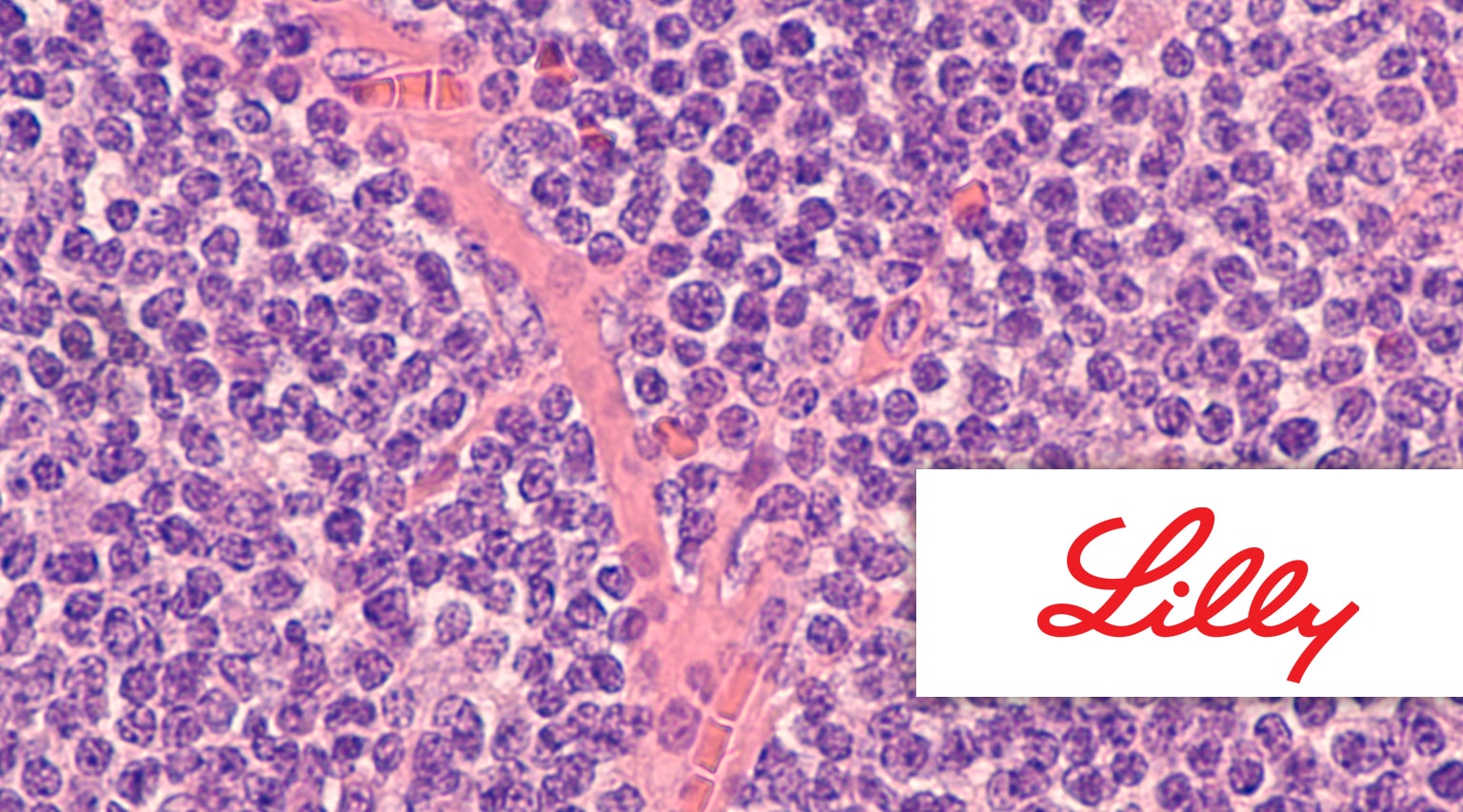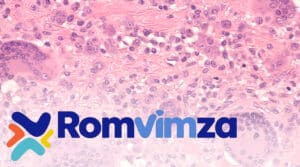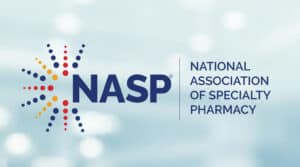The FDA recently approved a new ORAL therapy, Jaypirca (pirtobrutinib) from Eli Lilly and Company, indicated for mantle cell lymphoma (MCL) after at least two prior lines of therapy, including a BTK inhibitor.
Jaypirca is the fourth BTK inhibitor for blood cancer treatment —but with a big difference from the three other approved BTK inhibitors — AbbVie and Johnson & Johnson’s Imbruvica, AstraZeneca’s Calquence, and BeiGene’s Brukinsa.
The three earlier products can’t be used sequentially. Jaypirca binds to BTK differently and therefore can be used after progression on another BTK inhibitor. This key difference gives Jaypirca a unique edge allowing treatment of patients who have failed on another BTK inhibitor.
Lilly released pricing and the U.S. wholesale acquisition cost of Jaypirca will be $21,000 per 30 days of therapy for the 200 mg daily dose. Jaypirca will be available in the United States later this quarter.
Lilly did not release details on distribution. All of the three competing BTK products launched through limited distribution. As such, it is likely that Jaypirca will launch similarly.
CLICK HERE for prescribing information
——————————————————————————————
FDA grants accelerated approval to pirtobrutinib for relapsed or refractory mantle cell lymphoma
On January 27, 2023, the Food and Drug Administration (FDA) granted accelerated approval to pirtobrutinib (Jaypirca, Eli Lilly and Company) for relapsed or refractory mantle cell lymphoma (MCL) after at least two lines of systemic therapy, including a BTK inhibitor.
Efficacy was evaluated in BRUIN (NCT03740529), an open-label, multicenter, single-arm trial of pirtobrutinib monotherapy that included 120 patients with MCL previously treated with a BTK inhibitor. Patients had a median of 3 prior lines of therapy, with 93% having 2 or more prior lines. The most common prior BTK inhibitors received were ibrutinib (67%), acalabrutinib (30%), and zanubrutinib (8%); 83% had discontinued their last BTK inhibitor due to refractory or progressive disease. Pirtobrutinib was administered orally at 200 mg once daily and was continued until disease progression or unacceptable toxicity.
The main efficacy measures were overall response rate (ORR) and duration of response (DOR), as assessed by an independent review committee using Lugano criteria. The ORR was 50% (95% CI: 41, 59) with a complete response rate of 13%. The estimated median DOR was 8.3 months (95% CI: 5.7, NE), and the estimated DOR rate at 6 months was 65.3% (95% CI: 49.8, 77.1).
The most common adverse reactions (≥15%) in patients with MCL were fatigue, musculoskeletal pain, diarrhea, edema, dyspnea, pneumonia, and bruising. Grade 3 or 4 laboratory abnormalities in ≥10% of patients were decreased neutrophil counts, lymphocyte counts, and platelet counts. The prescribing information includes warnings and precautions for infections, hemorrhage, cytopenias, atrial fibrillation and flutter, and second primary malignancies.
The recommended pirtobrutinib dosage is 200 mg orally once daily until disease progression or unacceptable toxicity.
This review used the Assessment Aid, a voluntary submission from the applicant to facilitate the FDA’s assessment.
This application was granted priority review and fast track designation. FDA expedited programs are described in the Guidance for Industry: Expedited Programs for Serious Conditions-Drugs and Biologics. The application also was granted orphan drug designation.






